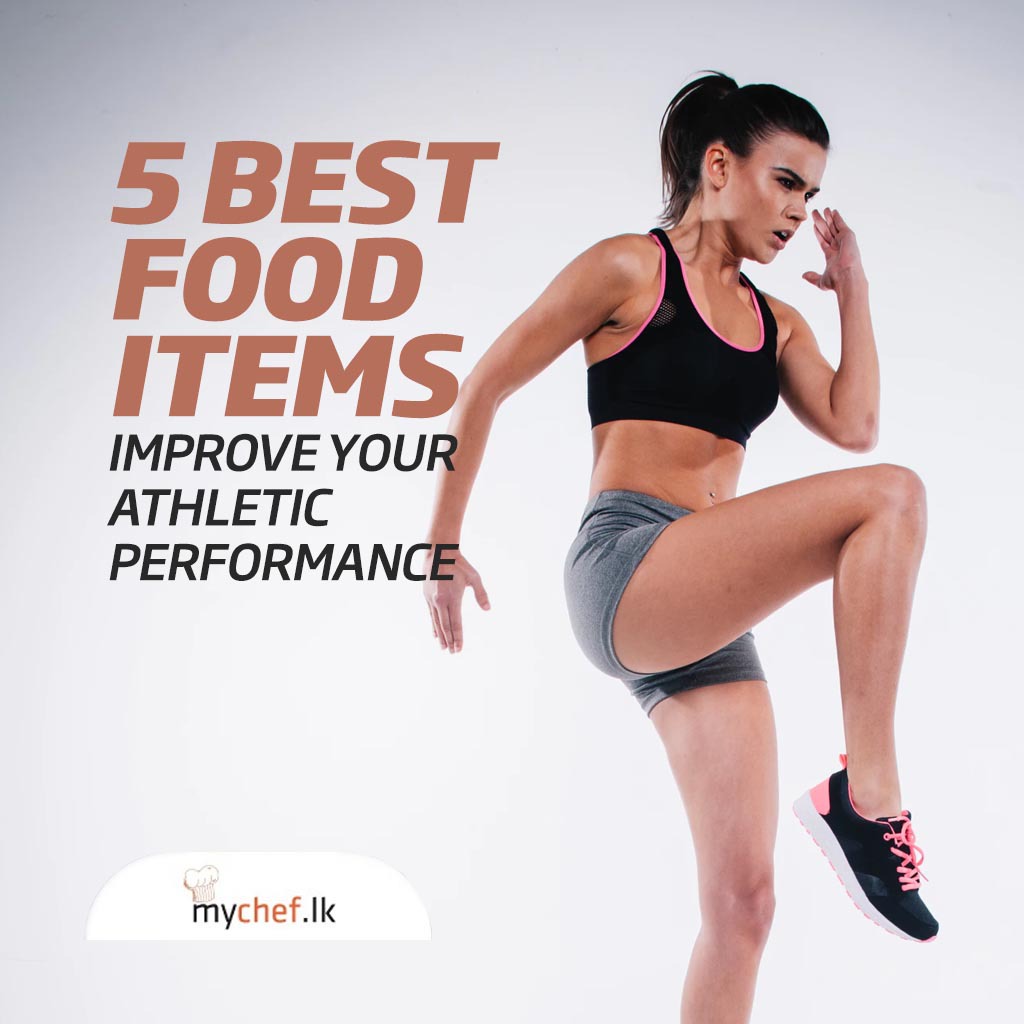No good performance without a balanced diet
Every day, we eat vitamins and minerals that are useful to keep our bodies running at full capacity. Well selected, these foods allow you to have more energy, boost your performance, improve your concentration and accelerate muscle recovery. It is therefore important to closely monitor what is happening on the plate. Here are 10 key foods to boost your athletic performance.
Food #1: Rice, Satiating and Gluten-Free
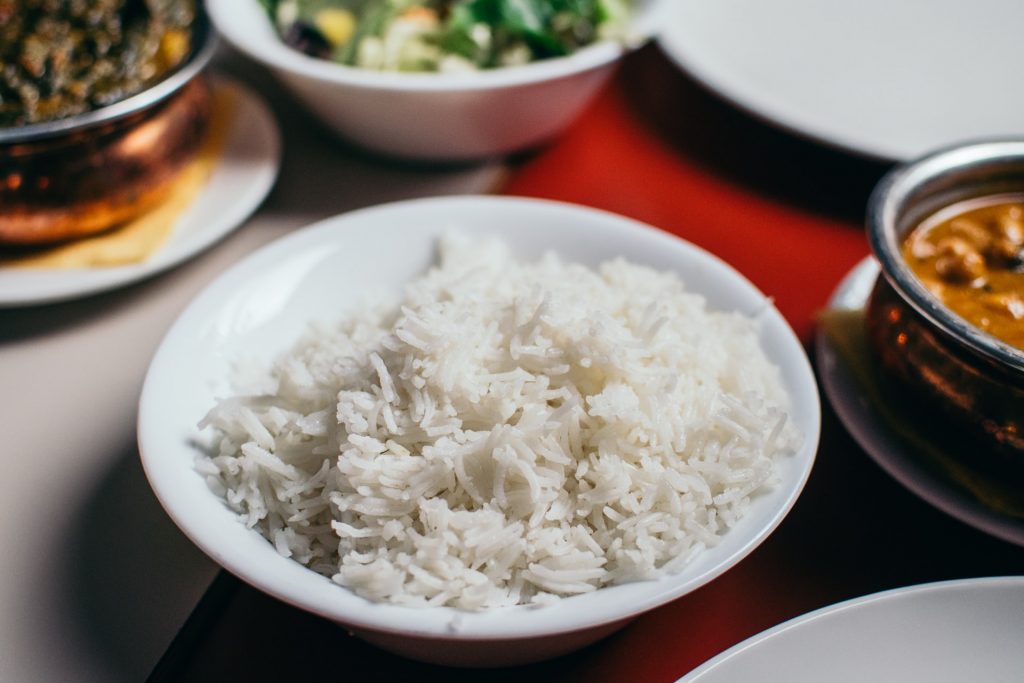
Rice and pasta are essential foods for sportsmen and women. However, rice has the particularity of being gluten-free, a useful aspect for intolerants. In addition, its moderate (58) if basmati or even low (50) rice is consumed for brown rice. Nevertheless, to be useful to the athlete, avoid as much as possible quick-cooking rice, which has a GI of around 87.
What interests us in rice is its satiety power. With 25 g of carbohydrates per serving, it is one of the sportsman’s favourite foods. The reason is simple: carbohydrates instantly boost our performance. It is one of the main fuels used during physical effort.
Before training or competition, carbohydrate intake allows you to leave with a “full tank”, i.e. you have enough energy to give your best. During the effort, the carbohydrates (by a hydric supply) avoid the blow of slack and restart the machine. After the session, carbohydrates, like rice, allow you to start a quality recovery.
Food #2: Oatmeal, ideal for your breakfast
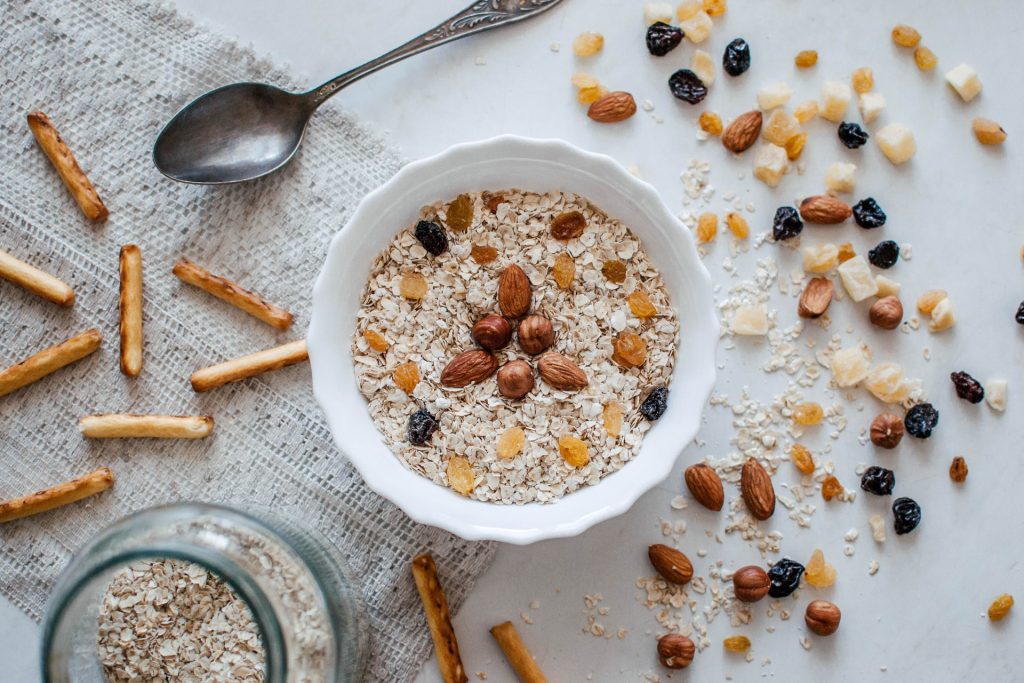
Today, we know that not all cereals are equal. For breakfast, you can choose a large bowl of oatmeal combined with a vegetable drink to improve your health. A recent study (1) published by Harvard University in 2016 looked at the eating habits of more than 786,000 adults. They demonstrated that consuming 70 g of whole grains such as oatmeal would reduce the risk of premature death by 22%. This is because these cereals help to prevent certain cancers and cardiovascular diseases, which represent the 1 era cause of death worldwide. Eating your bowl of oatmeal as soon as you wake up is therefore a useful gesture for your health and sporting performance.
Oatmeal is appreciated for the amount of carbohydrate provided (60 g per 100 g). Ideally, consume them cold to keep a moderate GI. Oatmeal can be eaten as-is with a drink or incorporated into simple recipes such as homemade porridge, bowlcake or cereal bars.
Food #3: eggs, an essential ingredient at any time of the day
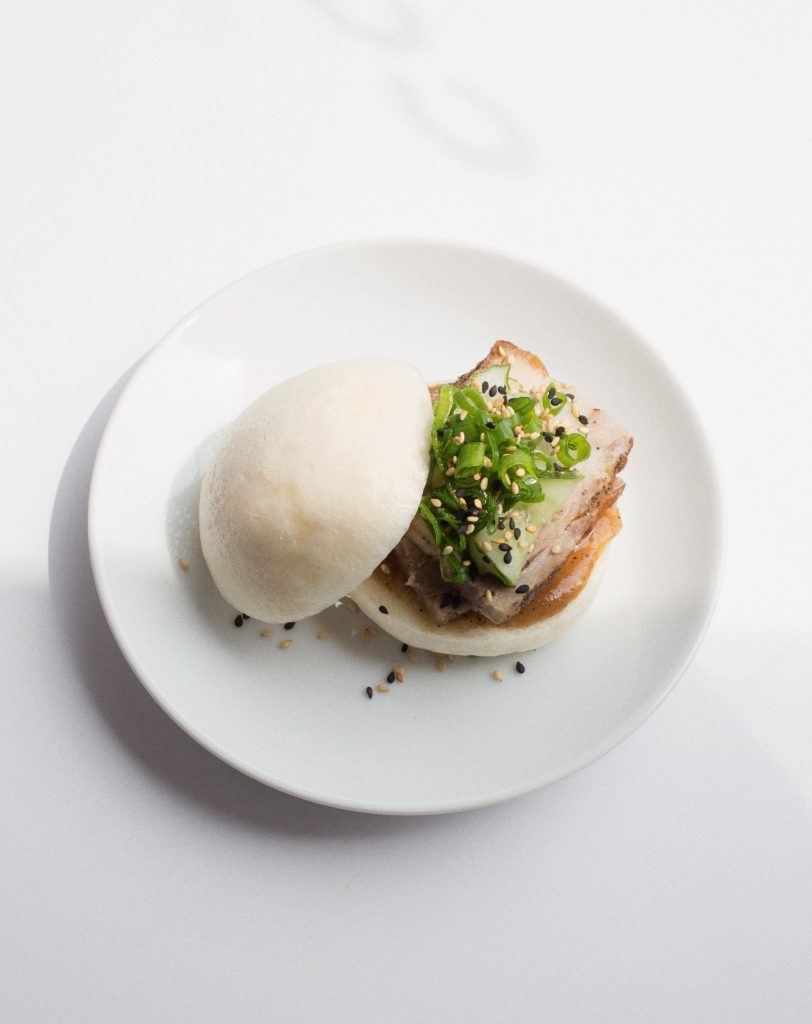
Egg is one of the favourite foods of athletes. Wrongly accused of being responsible for raising the level of “bad” cholesterol, it can be easily consumed at any time of the day and in 1001 different ways. It is worth remembering that LDL cholesterol or “bad” cholesterol is often the result of excessive body manufacture, encouraged by a diet that is too rich in saturated fatty acids.
What interests us in eggs to boost our performance is in particular the rate of proteins with high biological value. In concrete terms, the egg has excellent assimilation and use by the body. It is therefore not necessary to hesitate to consume it. Don’t make the mistake of throwing away the egg yolk. Eat it whole to get the most out of the minerals contained. Finally, we strongly encourage you to opt for an ORGANIC egg or, if not, raised outdoors.
Food #4: chicken, almost at every meal
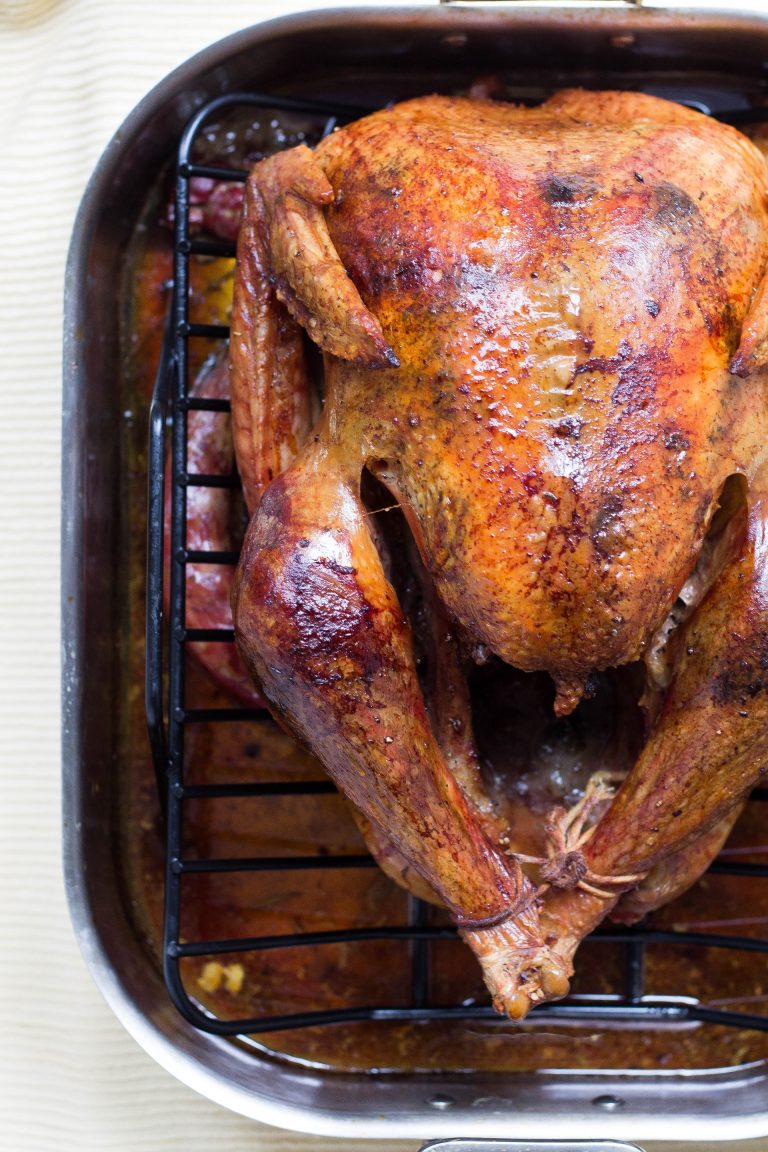
Sports performance requires a high-performance muscle. However, white meat, like chicken, promotes muscle development, maintains our muscles and participates in recovery. Chicken contains proteins of good nutritional quality with an excellent amino acid content, hence its interest in sports performance.
A scientific study (2) has shown that eating chicken, a meat low in saturated fatty acids, leads to an improvement in blood lipid levels, an important point in preventing cardiovascular disease. Here again, we recommend that you focus on quality. In fact, refer to a quality label and do not hesitate to vary the recipes for more pleasure.
Food #5: fish and its virtues
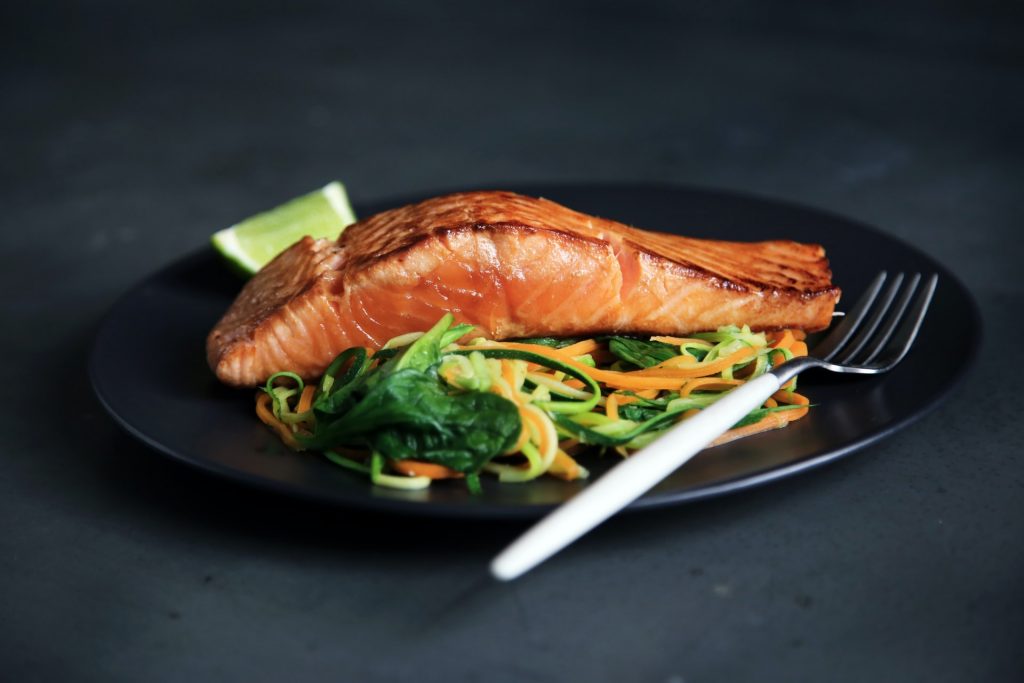
The National Agency for Health Security, Food, Environment and Labour (ANSES) recommends eating fish twice a week (3). Therefore, you can combine a lean fish such as cod or Alaskan hake with a fatty fish such as salmon or sardines.
Science is unanimous. The Omega 3 contained in salmon and all fatty fish improve neuromuscular function and reduce fatigue, which helps to improve sporting performance (4). A sufficient supply of omega 3 increases muscle function by up to 20& nbsp; %. In addition, salmon has a health advantage in preventing cardiovascular disease, brain development and reducing certain diseases. The only drawback is that, due to the risk of contamination by heavy metals, care must be taken with the label and its origin.
